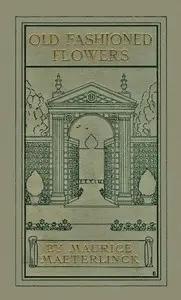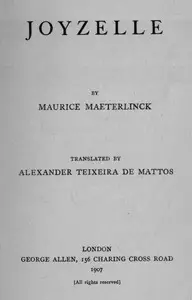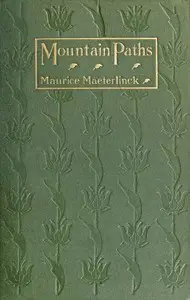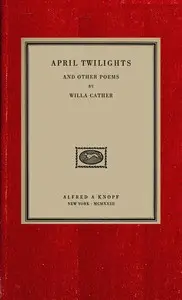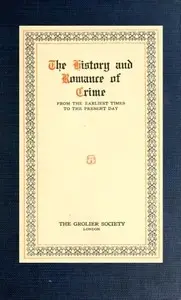"The Inner Beauty" by Maurice Maeterlinck is a philosophical discourse written in the early 20th century. This book delves into the nature of beauty and its profound connection to the human soul. Through poetic prose, Maeterlinck explores how beauty acts as nourishment for the soul, influencing our lives, relationships, and perceptions of truth and goodness. In "The Inner Beauty," Maeterlinck articulates that the essence of humanity is intricately tied to the pursuit and appreciation of beauty. He asserts that beauty transcends mere aesthetics, embodying a deeper connection between souls. The text reflects on human behaviors, emotional experiences, and the transformative power of love and goodness. Maeterlinck suggests that even in moments of pain and suffering, beauty can emerge, uniting individuals in their shared existence and offering solace. The work encourages readers to cultivate their inner beauty and foster a world where love and kindness prevail, portraying a vision of existence where the soul's inherent desire for beauty shapes ethical and meaningful lives. (This is an automatically generated summary.)

The Inner Beauty
By Maurice Maeterlinck
"The Inner Beauty" by Maurice Maeterlinck is a philosophical discourse written in the early 20th century. This book delves into the nature of beauty a...
Maurice Polydore Marie Bernard Maeterlinck, also known as Count/Comte Maeterlinck from 1932, was a Belgian playwright, poet, and essayist who was Flemish but wrote in French. He was awarded the Nobel Prize in Literature in 1911 "in appreciation of his many-sided literary activities, and especially of his dramatic works, which are distinguished by a wealth of imagination and by a poetic fancy, which reveals, sometimes in the guise of a fairy tale, a deep inspiration, while in a mysterious way they appeal to the readers' own feelings and stimulate their imaginations". The main themes in his work are death and the meaning of life. He was a leading member of La Jeune Belgique group, and his plays form an important part of the Symbolist movement. In later life, Maeterlinck faced credible accusations of plagiarism.

